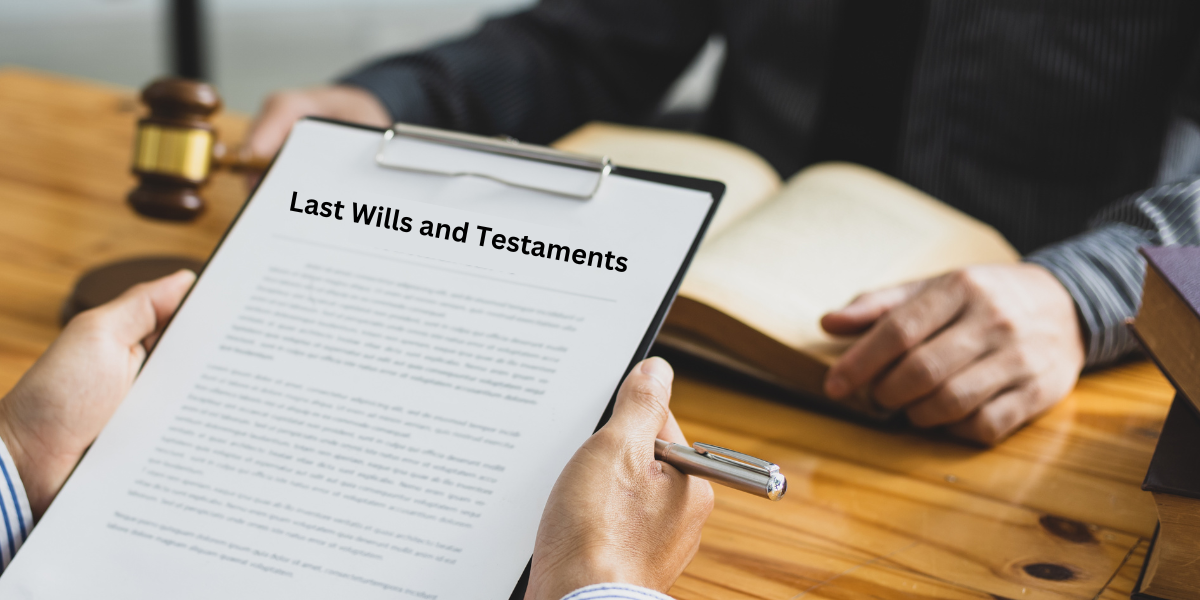
How do I know if a Decedent had a Last Will & Testament?
Following the loss of a loved one, determining whether that loved one had a Will in place becomes one of the first questions that needs to be answered. Not only might the Will govern the disposition of the decedent’s remains, it also dictates the method of proceeding after their death. Thus, time is of the essence.
Wondering how to find out if a deceased person had a will? Let’s navigate through this together.
Ask the Decedent's Family Members and Friends:
One might obtain information on whether an individual had a Will by asking family members, friends, or neighbors, and conducting a diligent search.
Search in Safe Places Like Homes and Safe Deposit Boxes:
Most attorneys advise their clients to store their original Wills in a safe place. First, we recommend looking through the decedent’s important documents in the home. We also recommend looking in the decedent’s home safe or lock box. If the decedent had a safe deposit box, that should also be checked. If a Will is found in the decedent’s safe deposit box, Florida statute allows the bank to remove the Will and deposit it with the Clerk of Courts.
Suggested Read:
Accessing Safe Deposit Box After Death and Florida Probate Code
Ask the Decedent's Estate Planning Attorney:
If you still cannot locate the Will, we recommend calling the decedent’s estate planning attorney and asking whether he or she retained the original Will. Some attorneys keep their clients’ original Wills to safeguard them. If the attorney does not have the original Will, he or she may be able to provide you with a copy.
Suggested Read:
When to Deposit a Last Will and Testament in Florida Probate Court
Contact the Probate Court Clerks or Search the Court Dockets:
If you believe a third party had the Will in his or her possession before the decedent’s death, you should call the Clerk of Courts and inquire whether a Will has been deposited for the decedent. The correct court for locating a decedent's last Will is the probate court in the county of the decedent’s last known residence.
Production of Wills Under Florida Law:
- Florida statute requires a custodian of a Will to deposit same with the appropriate Clerk of Courts within ten (10) days of learning of the decedent’s passing.
We always recommend searching with a disinterested person when searching for a Will. This helps avoid potential claims of tampering with the decedent’s Will and other estate planning or financial documentation.
If you find yourself in a situation where you cannot locate a decedent’s Will and you don’t know how to proceed, contact our office today and schedule your complimentary consultation with one of our experienced Florida probate attorneys.
Create Your Own Last Will & Testament
Contact our office today to schedule your complimentary consultation with one of our experienced Florida Estate Planning Attorneys.
Useful Resources:
- Can the Bank Deny Access to Your Safe Deposit Box?
- FAQs Related to Affidavit to Gain Access to Deceased's Bank Property.
- As Personal Representative of an estate, what are your responsibilities?
Frequently Asked Questions:
Are wills public records in Florida after the person passes?
Yes, your will is a public record but only after your death.Once you are gone, your will becomes a public affair and anyone can gain access to your will by requesting a copy of the will from your county court.
After your passing away anyone can access details of your will such as the debts you owe, your assets and how you want to distribute them, your chosen beneficiary, executor, etc.

